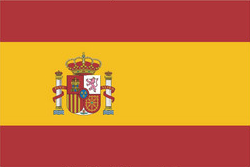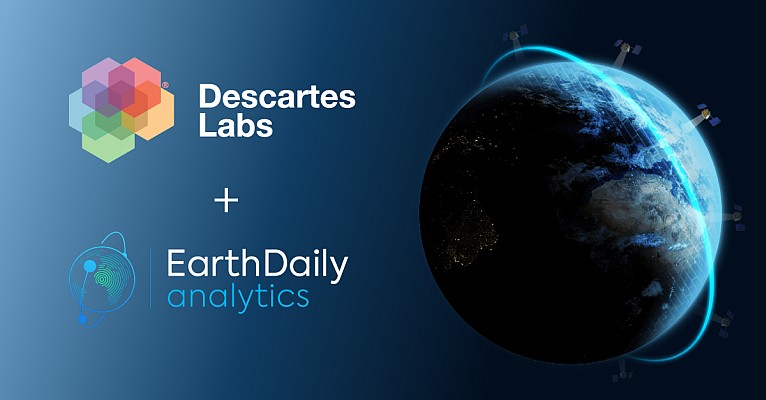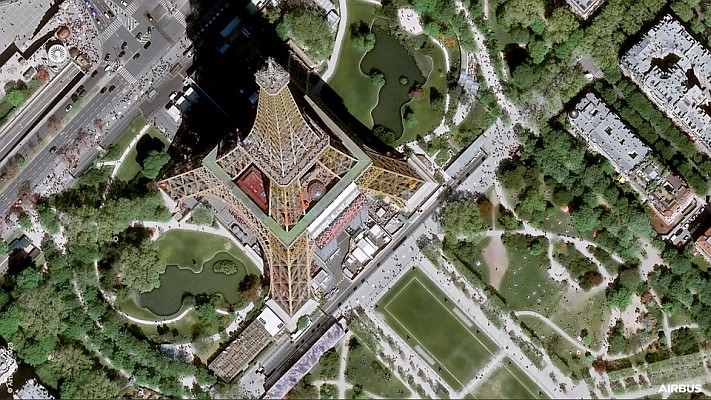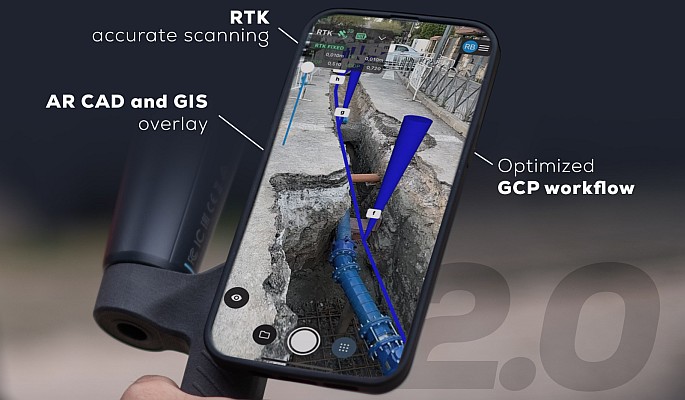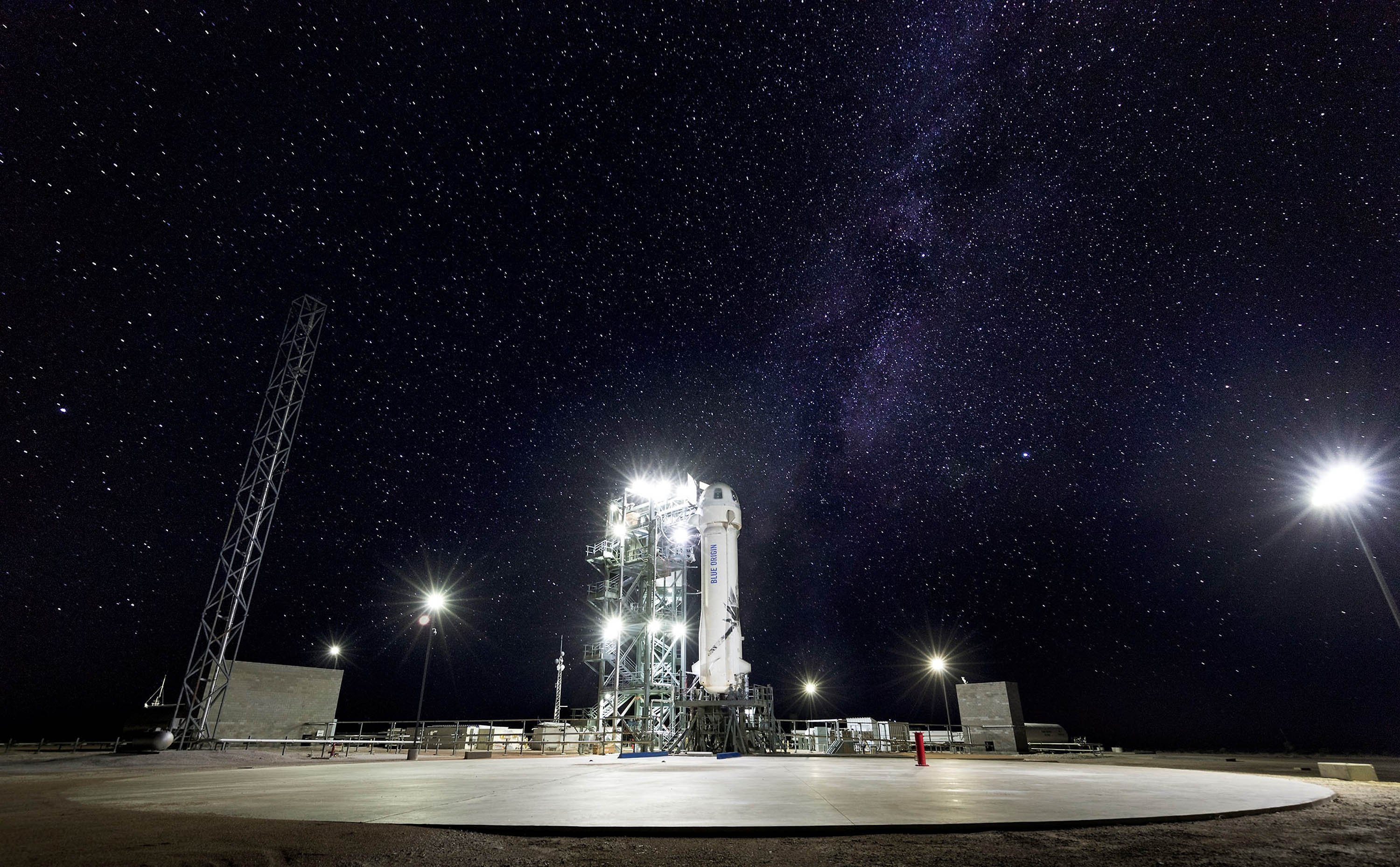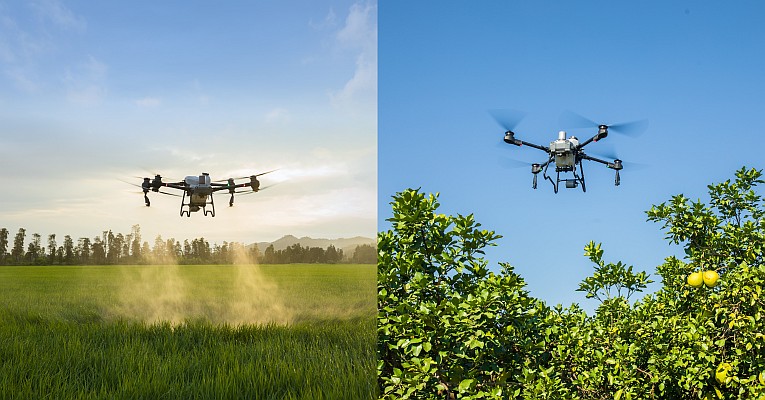The next Galileo navigation satellite has touched down at Europe’s Spaceport in French Guiana, to begin preparations for its launch in October. Cocooned within its protective, air-conditioned container, the satellite left the Thales Alenia Space Italy plant in Rome on Monday evening for nearby Fiumicino Airport.
At 23:15 CEST it boarded an Antonov 124-100 aircraft for its overnight flight across the Atlantic, stopping in Tenerife at 03:50 CEST for refuelling. The satellite touched down on Tuesday 7 August in French Guiana’s Cayenne Airport at 07:55 local time (12:55 CEST).

It was accompanied by a four-person team from Thales, plus one representative each from Astrium and ESA, as well as all the specialised test and support equipment that will be needed during the launch preparations. The satellite was then moved onto a lorry for transport to the Guiana Space Centre, for subsequent removal from its container.
These third and fourth Galileo ‘In-Orbit Validation’ (IOV) satellites are due to be launched aboard a Soyuz ST-B vehicle in October. These new satellites will join the first two Galileo satellites – launched last year – in medium-Earth orbit at 23 222 km.
This will mark a significant step in Europe’s programme because it will complete the deployment of infrastructure required for the IOV phase and will allow for the first time a computation of on-ground position based solely on Galileo satellites.
The IOV phase is being followed by the deployment of additional satellites and ground segment as required to achieve the ‘Full Operational Capability’, leading to provision of services.
The first 22 of these ‘Final Operational Capability’ satellites are currently being built by OHB in Germany, responsible for the platforms and final satellite integration, and UK-based Surrey Satellite Technology Ltd, producing the payloads.
The first four Galileo IOV satellites have been built by a consortium led by EADS Astrium, Germany, with Astrium producing the platforms and Astrium UK responsible for the payloads.
Source: ESA


